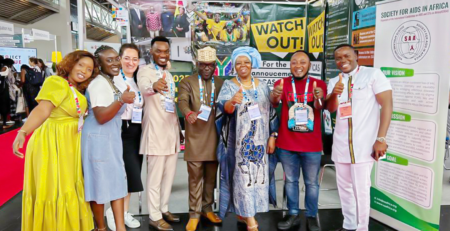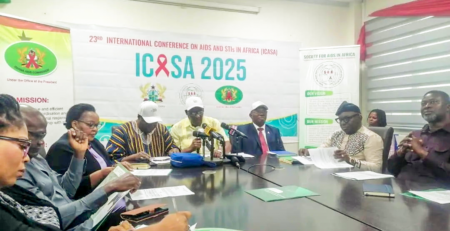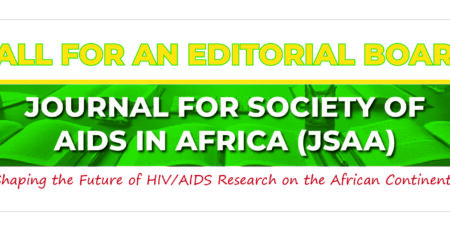‘Communities Must Lead’: who is the rhetoric for?
As I sit amidst the discussions at the ICASA conference, a recurring refrain echoes through the halls: ‘Community Must Lead.’ The rhetoric is ubiquitous, repeated by speakers who simultaneously call upon community members to take charge of their destinies while delineating the contours of the struggle for rights and power. In the midst of this clamor, a perplexing question arises — who is the rhetoric truly directed at?
The call for communities to lead is undeniably powerful. It evokes images of empowerment, self-determination, and the intrinsic strength that lies within the collective. However, the challenge lies in deciphering the underlying motives and beneficiaries of this rhetoric. Are these impassioned appeals genuinely intended to shift the balance of power towards the communities, or do they serve as a subtle means of consolidating authority elsewhere?
The paradox is striking. The very voices urging communities to lead seem to be the ones defining the parameters of that leadership. This raises concerns about whether the rhetoric is a genuine commitment to empowering communities or if it serves as a veneer, masking a continued centralization of power within certain circles.
In the complex landscape of global health conferences, it becomes crucial to scrutinize the dynamics at play. Are community members being genuinely invited to the decision-making table, or are they merely handed a script to recite? The rhetoric implies agency, but does it translate into genuine empowerment, where communities define their priorities and strategies?
As we navigate this rhetorical terrain, it’s essential to consider the broader context. The power to lead, if bestowed upon communities, should not be tokenistic. Instead, it demands a fundamental reshaping of the structures that have historically marginalized them. It requires an authentic commitment to dismantling barriers to participation, addressing systemic inequalities, and fostering an environment where diverse community voices are not only heard but heeded.
The call for community leadership should not be an empty slogan; it should be a catalyst for meaningful change. It should prompt introspection within the very entities that proclaim it, leading to a re-evaluation of their role and a relinquishing of control in favor of genuine partnership.
In conclusion, the rhetoric of ‘Community Must Lead’ carries immense potential, but its effectiveness hinges on authenticity. As conference attendees, it is crucial to critically engage with this discourse, interrogating its intent and ensuring that it translates into tangible empowerment for communities. Only then can we truly claim that the rhetoric is not just for show, but a sincere commitment to reshaping power dynamics in the pursuit of a more inclusive and equitable future.
Prof. Morenike Ukpong
Treasurer, Society for AIDS in Africa (SAA)











Leave a Reply